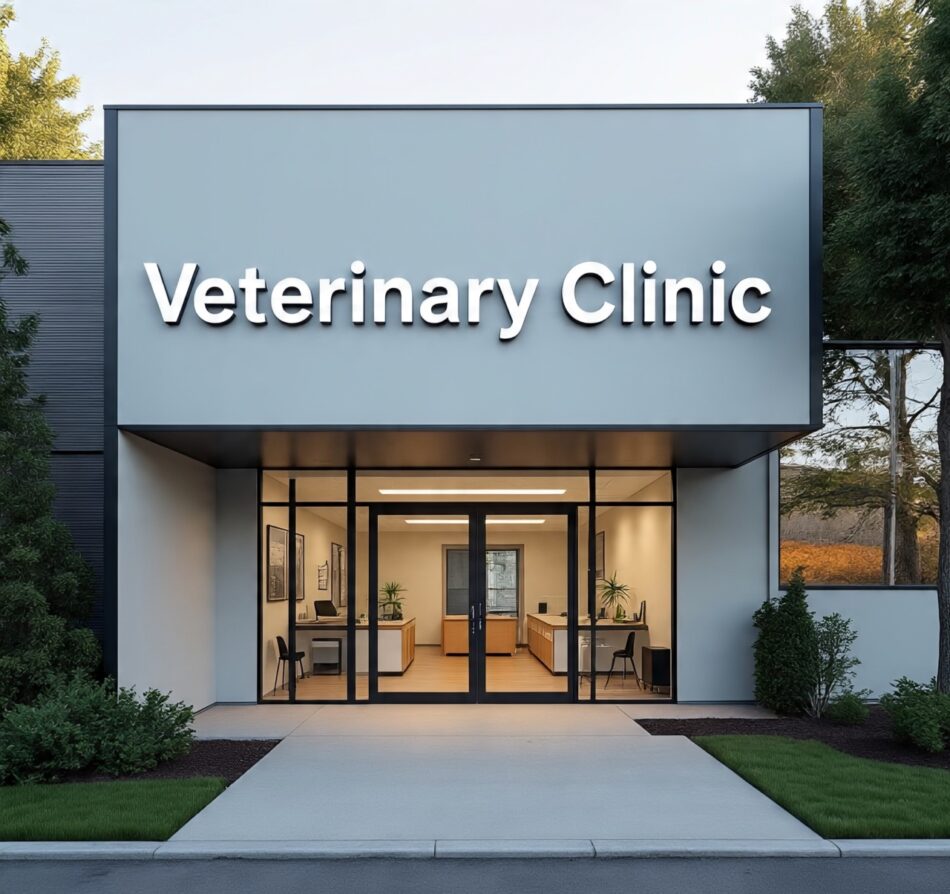Pet reproductive health is important for pet owners who want to breed their animals or ensure their pets stay healthy. In Vancouver, BC, Veterinary Clinic Vancouver options offer specialized services to support pet breeding, pregnancy, and reproductive care. These clinics have expert veterinarians and advanced tools to keep your pet safe and healthy. This guide explains what reproductive health services are, why they matter, and how Vancouver clinics can help.
What Is Pet Reproductive Health?
Pet reproductive health covers care for your pet’s reproductive system. This includes breeding advice, pregnancy care, and treatments for reproductive issues. Vancouver veterinary clinics provide services for dogs, cats, and sometimes other animals like rabbits. These clinics help pet owners make smart choices about breeding and keep pets comfortable during pregnancy or medical treatments.
Key Reproductive Health Services in Vancouver
Vancouver’s veterinary clinics offer a range of reproductive services. Here’s what you can expect:
1. Breeding Consultations
Vets help you plan safe breeding. They check your pet’s health, age, and genetics to ensure they’re ready to breed. This includes:
- Health Screenings: Tests to confirm your pet is free from diseases or genetic issues.
- Timing Advice: Vets use tests like hormone checks to find the best time for breeding.
2. Artificial Insemination
Some pets need help to breed safely. Artificial insemination (AI) is a technique where vets use advanced methods to help your pet conceive. This is common for dogs with breeding challenges or to preserve valuable genetics.
3. Pregnancy Care
If your pet is pregnant, vets monitor their health with:
- Ultrasounds: To check the number and health of puppies or kittens.
- Blood Tests: To ensure the mother stays healthy during pregnancy.
- Nutritional Guidance: Advice on diet to support a healthy pregnancy.
4. Whelping and Queening Support
Whelping (for dogs) and queening (for cats) is when pets give birth. Vets can assist with:
- Delivery Monitoring: Ensuring a safe birth process.
- C-Sections: Emergency surgeries if natural birth isn’t possible.
5. Spay and Neuter Surgeries
For pets not meant for breeding, spaying (for females) or neutering (for males) prevents unwanted litters and health issues. These surgeries can lower risks of cancers or infections.
6. Reproductive Disease Treatment
Vets diagnose and treat issues like infections, infertility, or prostate problems. Tests like ultrasounds or biopsies help find the cause and guide treatment.
Why Choose Vancouver Veterinary Clinics for Reproductive Health?
Vancouver clinics stand out because they have:
- Skilled Vets: Many have training in reproductive medicine.
- Advanced Tools: Equipment like ultrasounds and hormone testing for accurate care.
- Compassionate Care: Staff understand the emotional side of breeding and pet health.
These clinics also offer tailored advice for each pet, whether you’re breeding a champion dog or caring for a pregnant cat.
What to Expect During a Reproductive Health Visit
Visiting a Vancouver vet for reproductive care is straightforward:
- Initial Exam: The vet checks your pet’s health and discusses your goals, like breeding or preventing pregnancy.
- Diagnostic Tests: Bloodwork, ultrasounds, or semen analysis may be used to assess reproductive health.
- Treatment or Plan: The vet suggests next steps, like breeding schedules, surgeries, or medications.
- Follow-Up: Regular checkups ensure your pet stays healthy during breeding or pregnancy.
Most visits are quick, and vets explain everything in simple terms to keep you informed.
Preparing Your Pet for Reproductive Care
To get the best care, follow these tips:
- Know Your Pet’s History: Share details about past pregnancies or health issues.
- Follow Vet Advice: Stick to diet or medication plans for breeding or pregnancy.
- Ask Questions: Don’t hesitate to ask about risks, costs, or outcomes.
Supporting Your Pet After Reproductive Services
After procedures like spaying or a C-section, your pet needs extra care:
- Rest: Provide a quiet, comfy space for recovery.
- Medications: Give any prescribed drugs, like pain relief, as directed.
- Watch for Issues: Look for signs like swelling or lack of appetite, and call the vet if you’re worried.
For pregnant pets, ensure they have a safe space for birth and follow vet advice for newborn care.
Costs of Reproductive Health Services in Vancouver
Costs vary by service. Spay/neuter surgeries may range from $100-$400, while ultrasounds or C-sections can cost $200-$1,500. Breeding consultations or artificial insemination may be $100-$500. Vancouver clinics often offer payment plans or accept pet insurance. Ask your vet for a clear estimate.
Why Reproductive Health Matters
Good reproductive care keeps your pet healthy and supports responsible breeding. It prevents issues like overpopulation or health problems in puppies and kittens. Vancouver’s Veterinary Clinic Vancouver services help you make informed choices, whether you’re breeding or ensuring your pet’s long-term health.
For expert reproductive care, trust Homer Animal Hospital, a leading provider of pet health services in Vancouver.
FAQs About Pet Reproductive Health at Vancouver Veterinary Clinics
1. What is pet reproductive health care?
It includes services like breeding advice, pregnancy monitoring, spay/neuter surgeries, and treatment for reproductive issues.
2. When should I take my pet for reproductive health checks?
Visit a vet before breeding, during pregnancy, or if you notice signs like infertility or unusual behavior.
3. How much do reproductive health services cost in Vancouver?
Costs range from $100 for spay/neuter to $1,500 for C-sections. Contact Homer Animal Hospital for pricing details.
4. Can all Vancouver vet clinics handle reproductive care?
Many can, but some specialize in breeding or complex cases. Check with Homer Animal Hospital for expertise.
5. Is artificial insemination safe for my pet?
Yes, when done by trained vets. It’s a safe way to help pets breed, especially for specific breeds.
6. How do I know if my pet needs a C-section?
Vets use ultrasounds and exams to check if natural birth is risky. They’ll recommend a C-section if needed.









